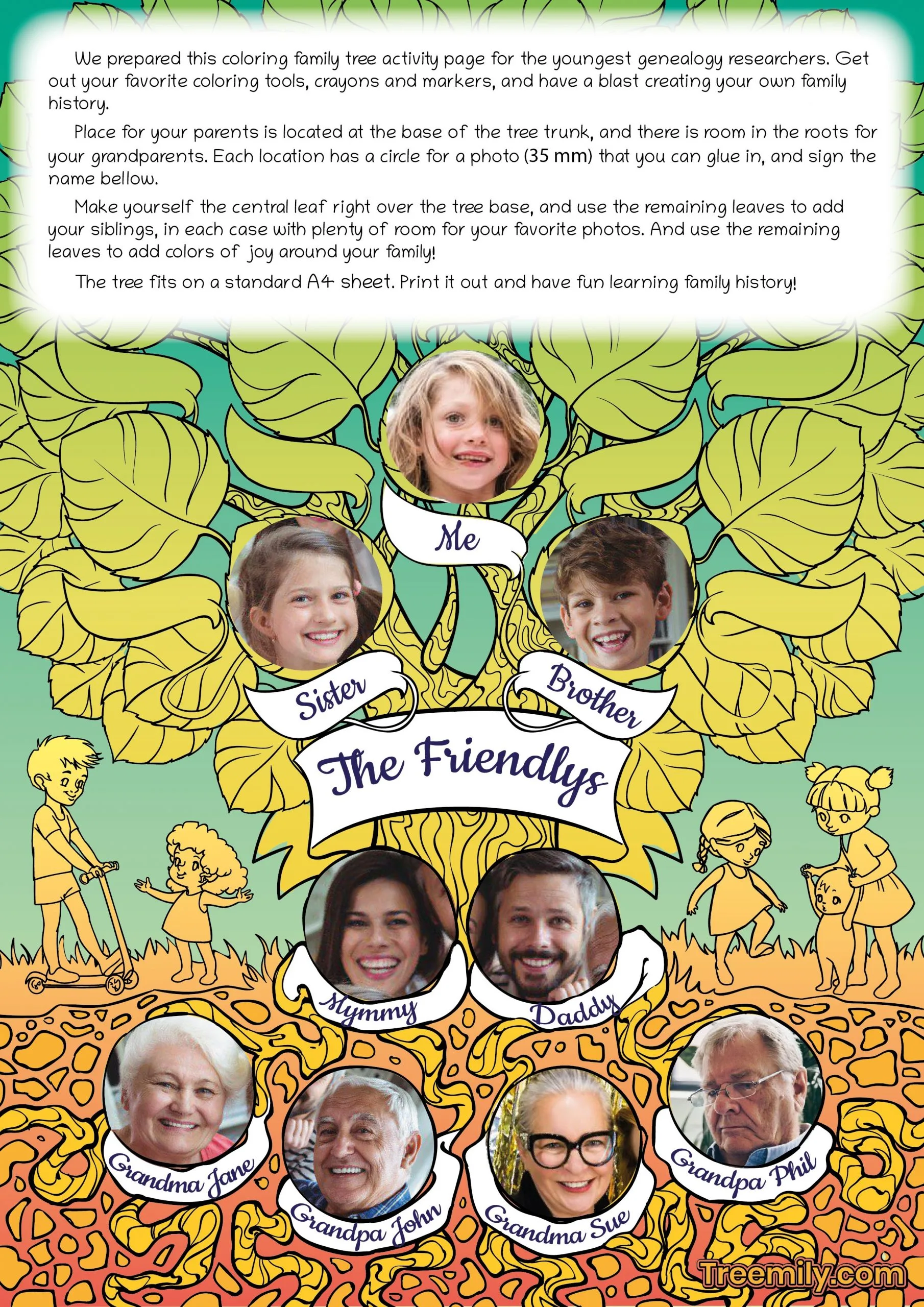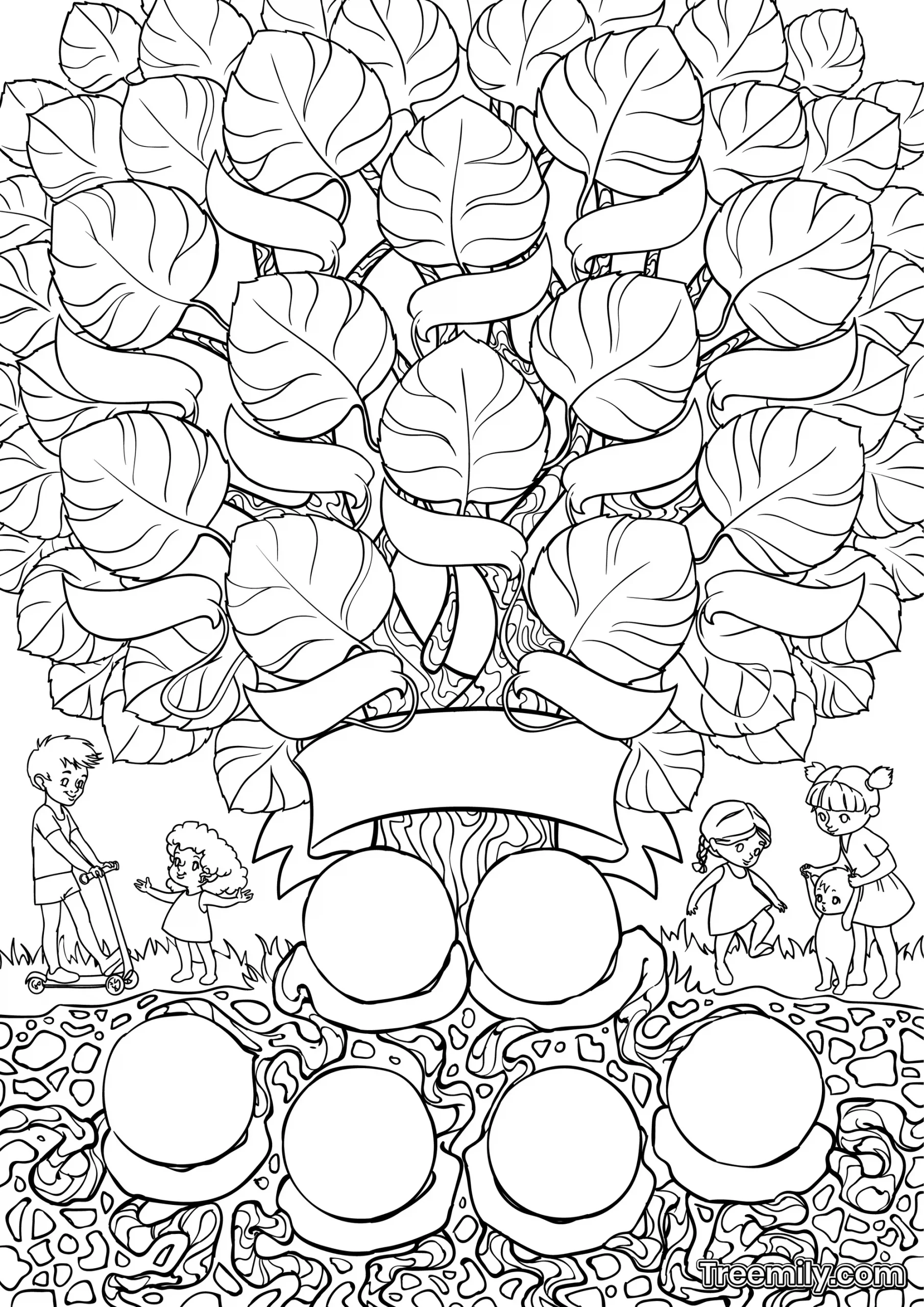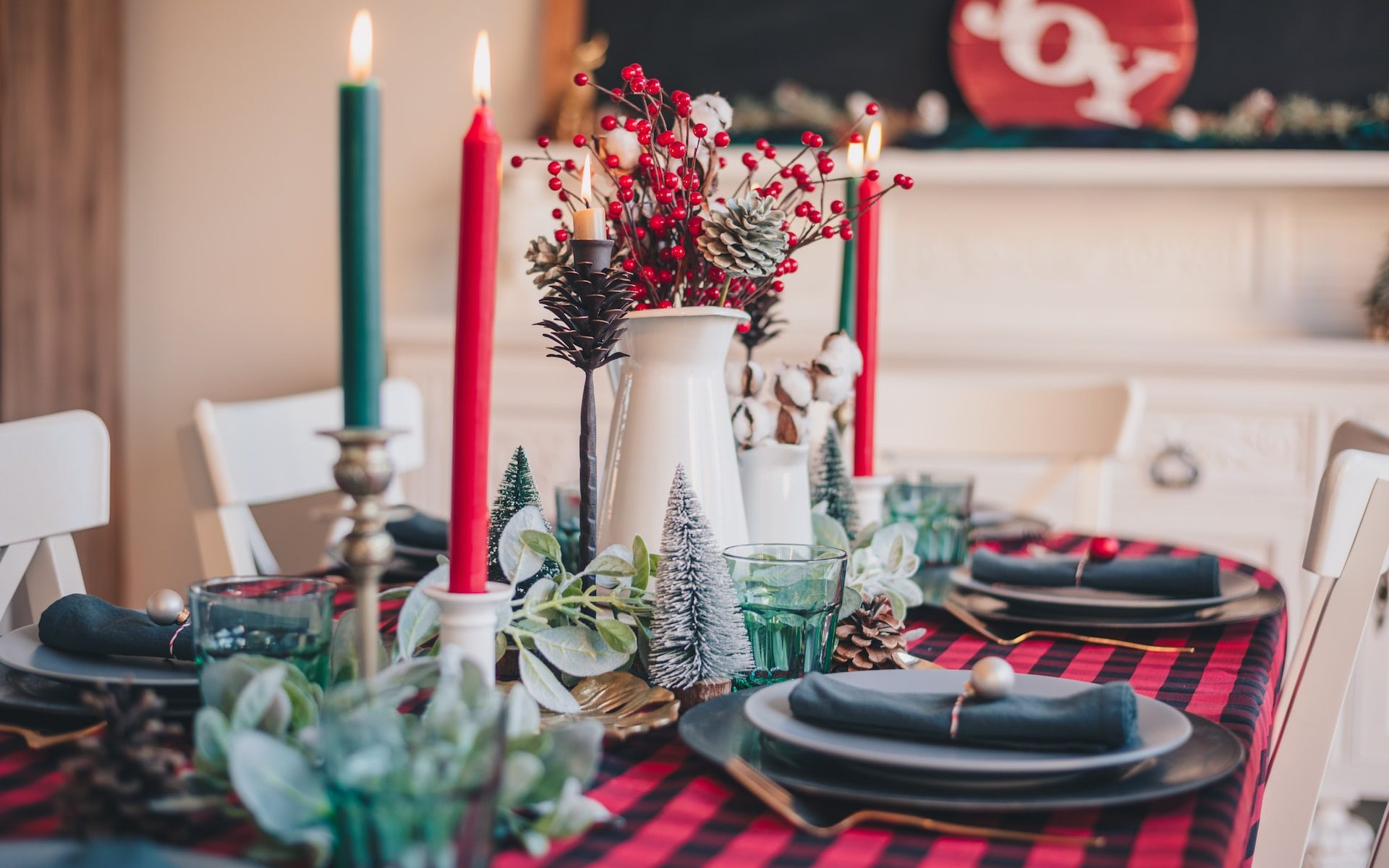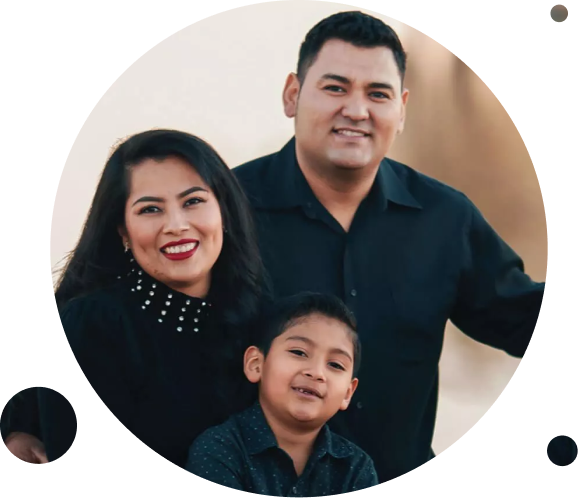If you haven’t seen Dune yet, well, you should. It’s that simple. You don’t have to take our word for it. The film has won critical acclaim in a whole roster of categories awarded by everyone from the Golden Globes, Grammys, and People’s Choice Awards, to the Make-Up Artists and Hair Stylists Guild Awards. Surely, between them, all these organizations know a thing or two about what makes a good movie? Don’t even get us started on that Hans Zimmer score. Absolute genius.
It’s a lot like a certain other story that kept us enthralled – Dune is a great watch, but it gets even better when you know and understand the family trees of the Game of Thrones Houses.
Even better news? The long-awaited sequel, Dune 2, is out in theaters, adding another layer of complexity to an already convoluted storyline. It introduces a host of new amazing characters such as Chani, Lady Jessica, Princess Irulan, Lady Margot, Feyd-Rautha Harkonnen, Emperor Shaddam IV, and Alia Atreides.
And that’s why in this article, we want to help you navigate through those complexities – we’ll be breaking down the Dune family tree. We describe the relationships between different characters of Dune and Dune 2, from House Atreides and House Harkonnen to House of Corrino and House Fenring, to unravel some of the nuances that underlie the plot.
And here is the mandatory spoiler warning.
The family tree of Paul Atreides and other major characters is available below. We also cordially invite you to build your own family tree using the Treemily app.
Dune: Origins and Dune 2 Characters and Houses
The original story is an award-winning 1965 science fiction novel written by Frank Herbert. For many, this seminal work was the beginning of an era in science fiction. In the introduction to Dune, Brian Herbert, the author’s son, says that after the Dune series, several science fiction writers went on to have national best-sellers. Some go as far as saying Star Wars itself may have been inspired by Dune.
Whether you agree or not, the 2021 film directed by Denis Villeneuve, which was adapted from the novel, brings the creativity and vision of the author to the screen more than half a century later in a way that does the epic story justice.
The plot is complex, but in very simple terms, it is set in the distant future where interplanetary travel is possible using a substance known simply as spice. The emperor presiding over the known universe sets off a bitter conflict when he strips House Harkonnen of control of planet Arrakis, the universe’s source of spice, and hands it to House Atreides, knowing full well what the consequences will be. Needless to say, war ensues.
House Atreides
House Atreides is another one of the major houses in the empire. Its leader goes by the title of Duke. Their home planet is Caladan, a water-rich planet in stark contrast to Arrakis.
The Old Duke
The Old Duke, Paulus Atreides, was the previous ruler of Caladan at the time the story starts. He is characterized as a compassionate and well-loved leader. His love for bullfighting however, proves to be his undoing as he is killed by a bull and authority passes to his only son, Leto Atreides.
Leto Atreides
Leto Atreides is the Duke of Caladan, a politically astute, well-loved and respected leader who is forced to take control of Arrakis at the emperor’s order knowing full well that it is a poisoned chalice. He is committed to Lady Jessica, his wife in all respects but title. Although he is undoubtedly in love, he refuses to marry her, understanding the dangers that poses politically. Despite his prudence, he is assassinated on the order of Baron Vladimir.
The two have a son, Paul – a teenager at the time of his father’s death, and a daughter, Alia – born after Leto is killed and while Jessica and Paul are on the run.
Lady Jessica
Lady Jessica, the matriarch of House Atreides, is a member of the powerful Bene Gesserit sisterhood. Jessica’s training imbues her with formidable mental and physical abilities, making her a force to be reckoned with.
Jessica plays a pivotal role in shaping the destiny of her family and the fate of the universe – her unwavering loyalty, coupled with her keen intellect and resourcefulness, make her a trusted advisor and confidante to those closest to her.
Paul Atreides
Paul Atreides has a complex storyline. He is a teen at the time of his father’s death and a reluctant heir to the throne. The injustice of the assassination, the brutality of the Harkonnens, and the subjugation of the Fremen, the natives of Arrakis, all combine to spur him onto realizing the potential that has been bred into his bloodline over generations.
He forms an alliance with the Fremen, and falls in love with one of them, Chani. However, for reasons similar to those his father had with his mother, he is unable to take her as wife. Instead he has a childless and platonic marriage with the emperor’s daughter Irulan, as one of the terms of a peace pact.
Chani and Paul have a pair of twins, Leto II and Ghanima.
Alia Atreides
Alia Atreides, sister of Paul Atreides, embodies the complexities of power, identity, and destiny. Her premature birth on the desert planet of Arrakis imbues her with extraordinary abilities and a connection to the mystical forces that shape the universe.
Despite her youth, Alia possesses a wisdom far beyond her years, a byproduct of the ancestral memories that dwell within her consciousness. However, this gift comes at a price, as she grapples with the shadows of past Atreides rulers whispering in her mind, tempting her with their knowledge and desires.
Leto Atreides II
Leto inherits his father’s considerable powers, including the ability to see into the future. In order to solidify his powers and course to attain his position as a near-eternal ruler, he undergoes a transformation that leaves him no longer human. He therefore does not bear offspring but is able to rule the Atreides Empire for thousands of years with his newfound longevity.
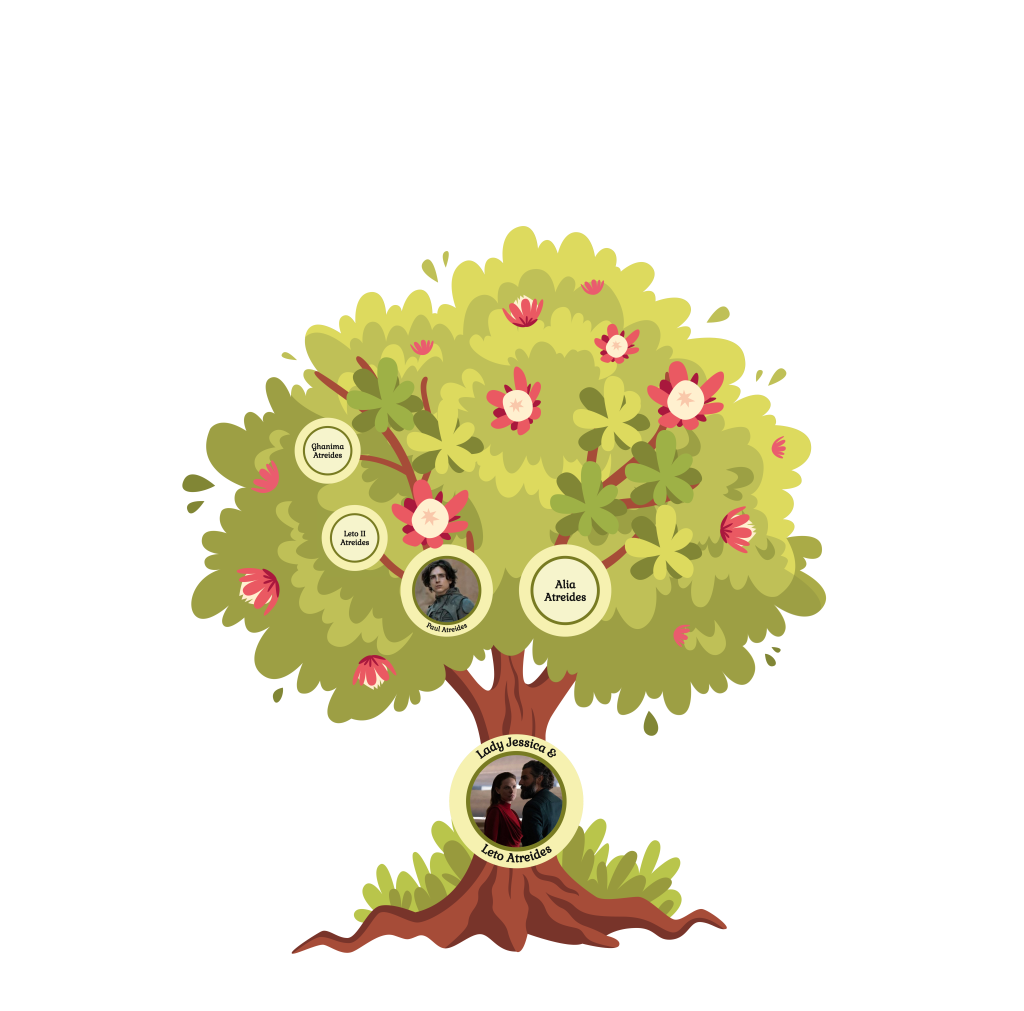
House Harkonnen
House Harkonnen is one of what is known as the Great Houses. Its home world is Giedi Prime and, until the imperial decree, it profited immensely from spice trade from Arrakis. The leaders of the Harkonnens are called Barons.
Dmitri Harkonnen
Dmitri Harkonnen is the father of Vladimir and Abulurd II. He is the ruler of Giedi Prime. He is married to a woman named Victoria. Dmitri has two sons from two marriages, Vladimir with Victoria, and Abulurd with his second wife Daphne.
Abulurd Harkonnen
Abulurd Harkonnen is the younger of Dmitri’s two sons and the more soft-hearted – a personality trait that does not serve him well in the Harkonnen household. He is also referred to as Abulurd Rabban because he later takes up the last name of his wife Emmi. He was charged with governing Arrakis but with his kindhearted nature, was unable to assert the level of control the Harkonnens demanded. His more brutal half-brother is chosen by Dmitri to replace him, and his harsh methods eventually drive Abulurd to renounce his name and take up that of his wife.
The two have two children – Glossu Rabban and Feyd-Rautha Rabban.
Vladimir Harkonnen
Vladimir Harkonnen who later becomes the Baron of Giedi Prime, is one of the main characters of the story. He orders and plans the assassination of Leto Atreides and ignites the war between the two Houses with his attack on Arrakis. He is eventually killed by Alia Atreides, Paul Atreides’s sister.
Feyd-Rautha Harkonnen
Feyd-Rautha is the nephew of the ruthless Baron Vladimir Harkonnen and inherits not only the family name but also the thirst for dominance over the universe.
Unlike his uncle, Feyd-Rautha possesses a charisma that draws allies to his cause and strikes fear into his enemies. His mastery of combat arts, coupled with his political acumen, positions him as a formidable adversary to the noble House Atreides.
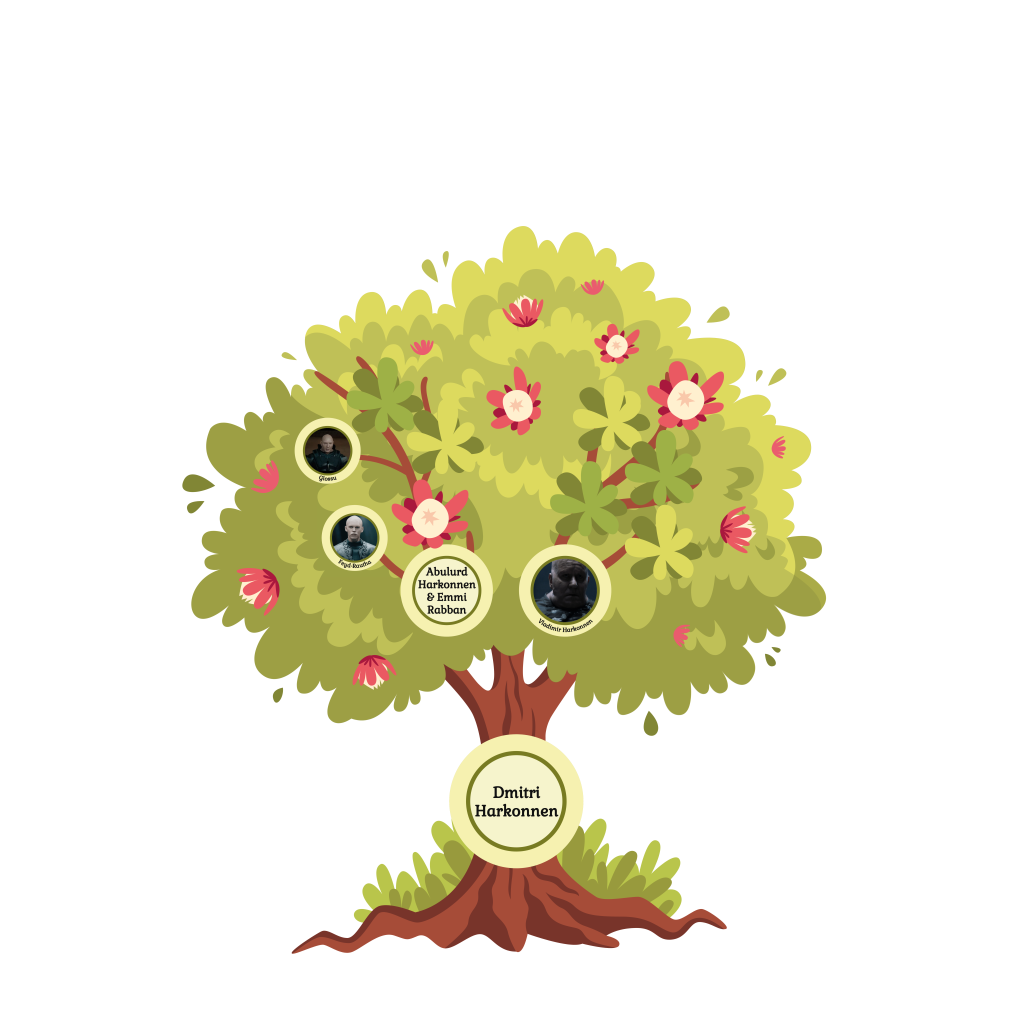
House of Corrino
As the ruling dynasty of the known universe for generations, the Corrinos wield unparalleled influence and power, shaping the destiny of nations with a deft hand and a keen eye for political maneuvering.
Emperor Shaddam IV
Emperor Shaddam IV is the ruler of the known universe and is the architect of political intrigue and manipulation. Shaddam pulls the strings of his vassals and adversaries with a masterful hand, orchestrating events to ensure his continued dominance.
However, despite his position, Shaddam is not immune to the pressures of his office, facing challenges from within his own court and beyond.
Princess Irulan
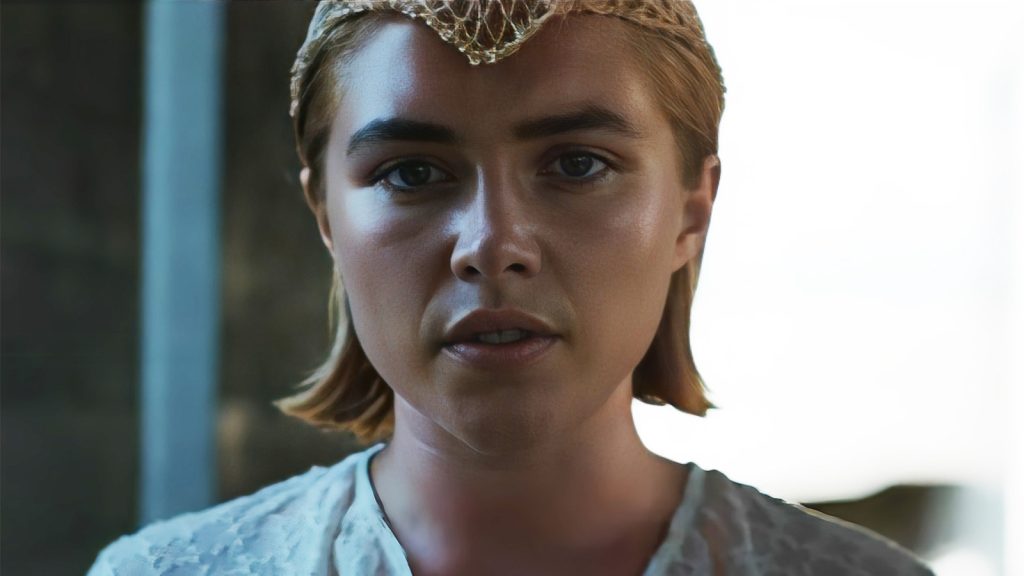
Princess Irulan is the daughter of Emperor Shaddam IV and is betrothed to Paul Atreides as part of a strategic alliance. Irulan finds herself thrust into a world of intrigue and manipulation where her every move is scrutinized and exploited by those seeking to advance their own agendas.
Irulan often struggles with the constraints of her gender and her role as a pawn in the Game of thrones. Her marriage to Paul Atreides, though politically expedient, becomes a source of both opportunity and conflict as she seeks to assert her own agency amidst the chaos of war and revolution.
House Fenring
Led by Count Hasimir Fenring and his enigmatic wife, Margot Fenring, this house wields a subtle yet potent influence over the empire. The Fenrings often operate in the shadows, manipulating events from behind the scenes.
Lady Margot
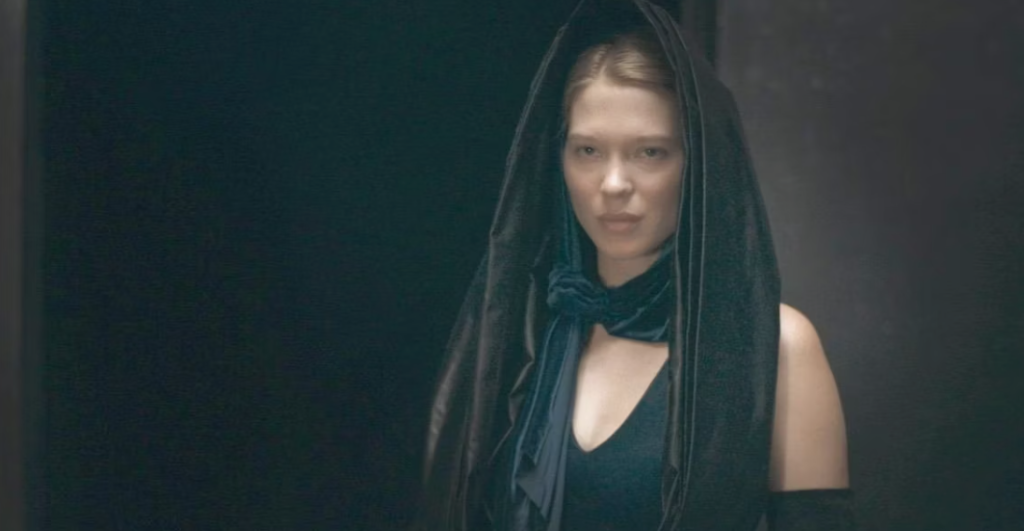
A trusted advisor to House Atreides, Margot’s keen intellect and diplomatic skill make her a valuable asset in navigating interplanetary politics.
Margot rose to prominence through her unwavering dedication to the principles of justice and righteousness. Her counsel serves as a beacon of hope for those who seek to have a better future amidst the darkness of war and oppression.
Conclusion
The Dune epic is a fascinating read and an even more engrossing watch. Family trees of the Atreides and Harkonnens abound with interesting twists. Armed with a little more knowledge about the bloodlines and relationships between the Dune characters, you can appreciate the politics, nuances, and plot of the epic a lot more – something that should come in handy before you watch the second part of the movie, already in theaters!



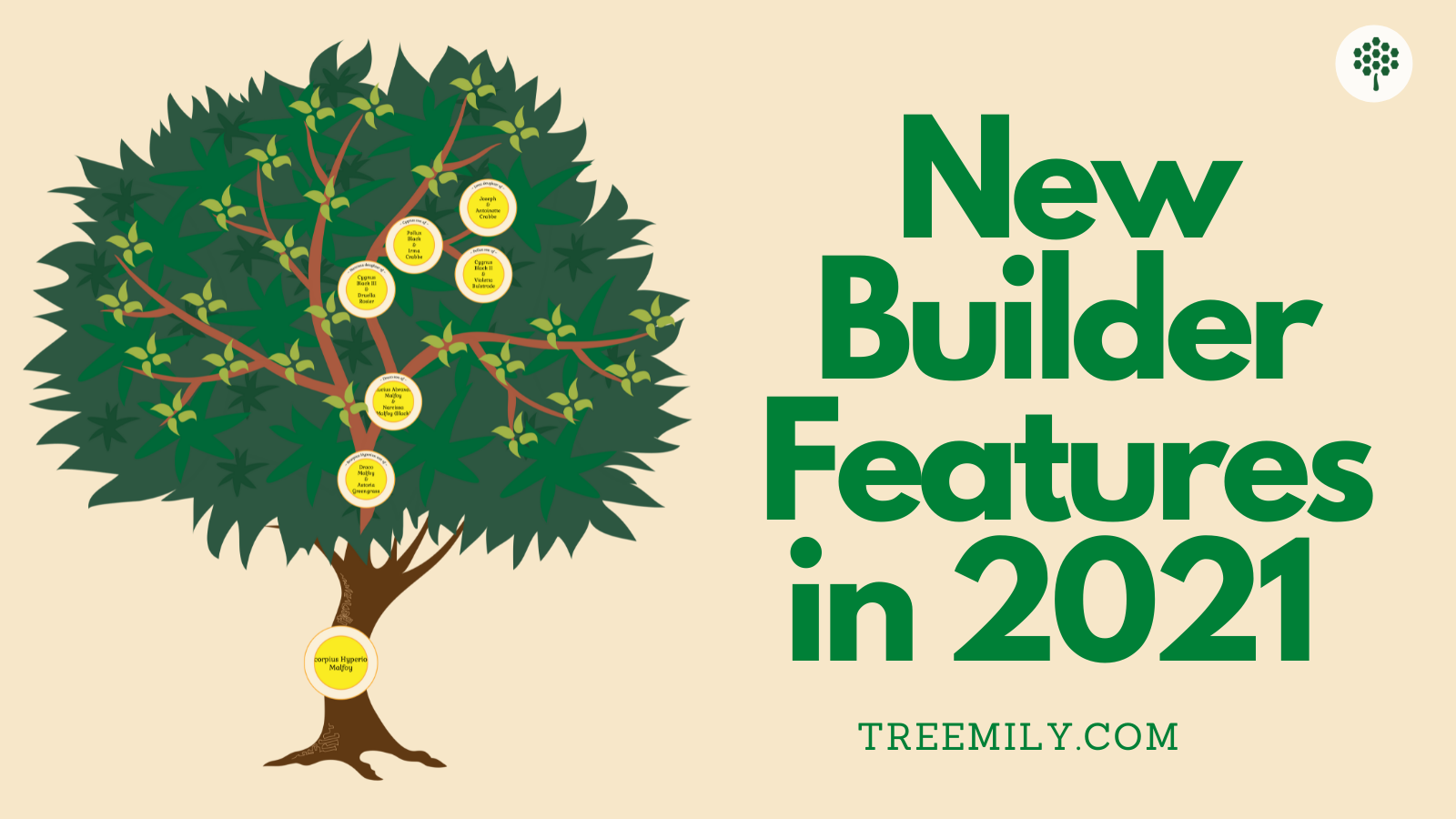

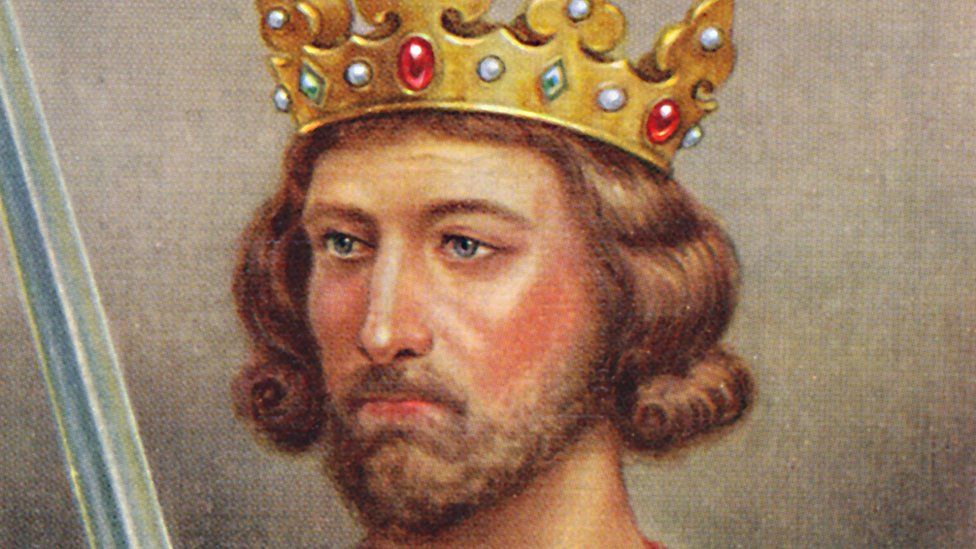
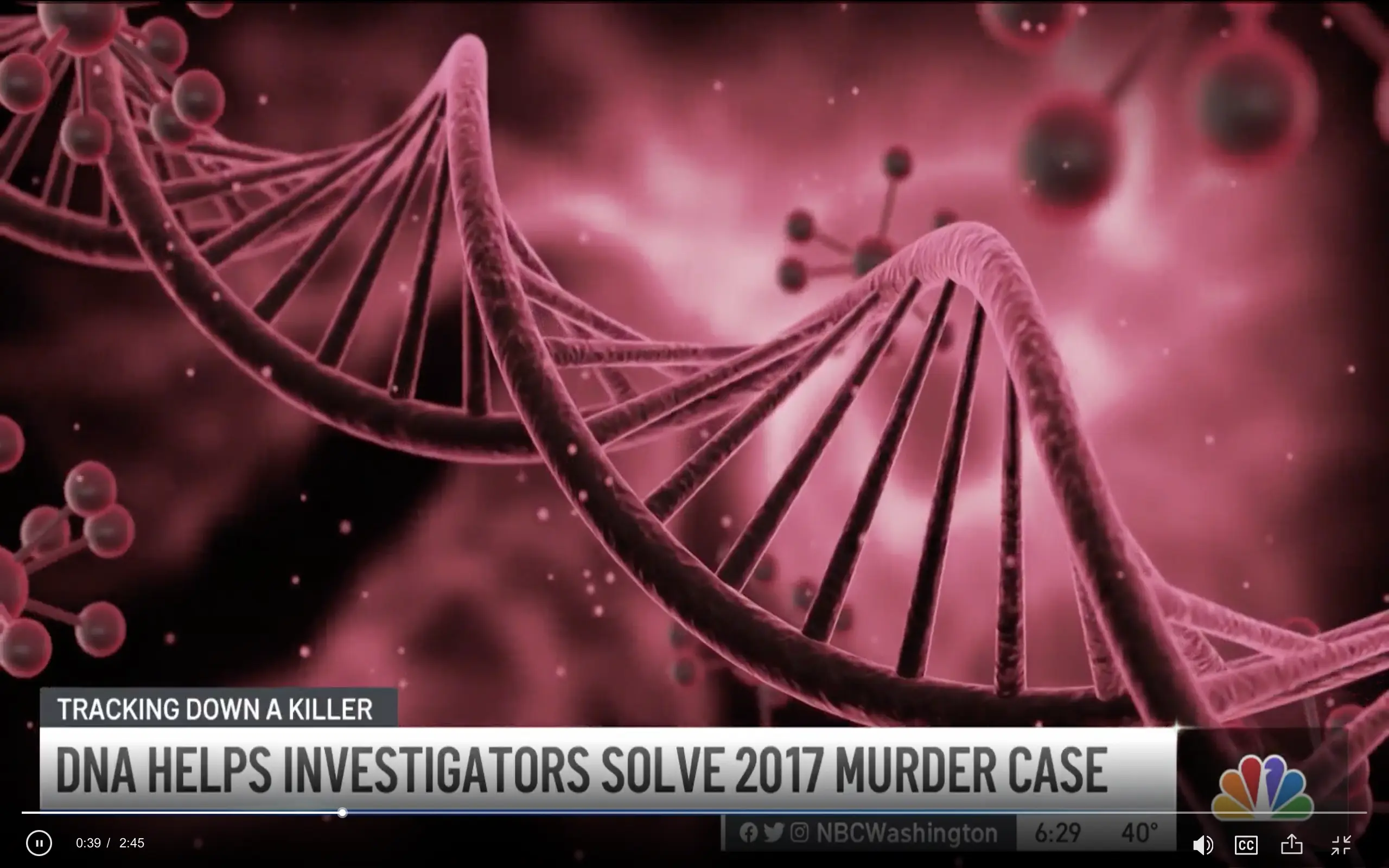
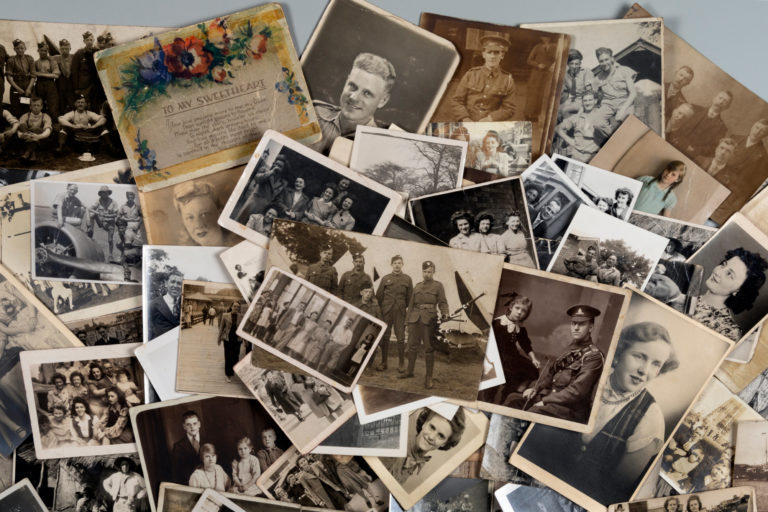

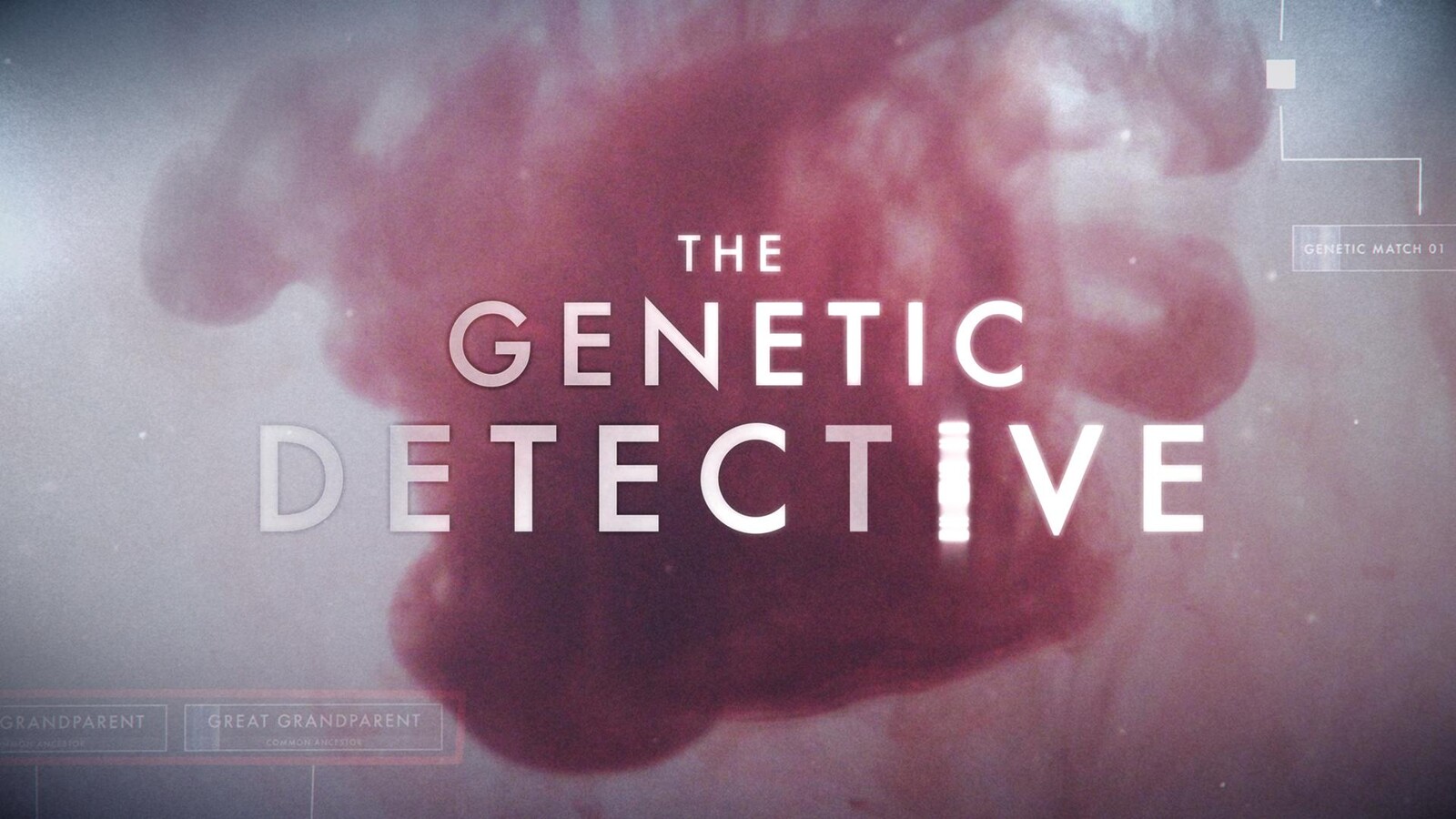
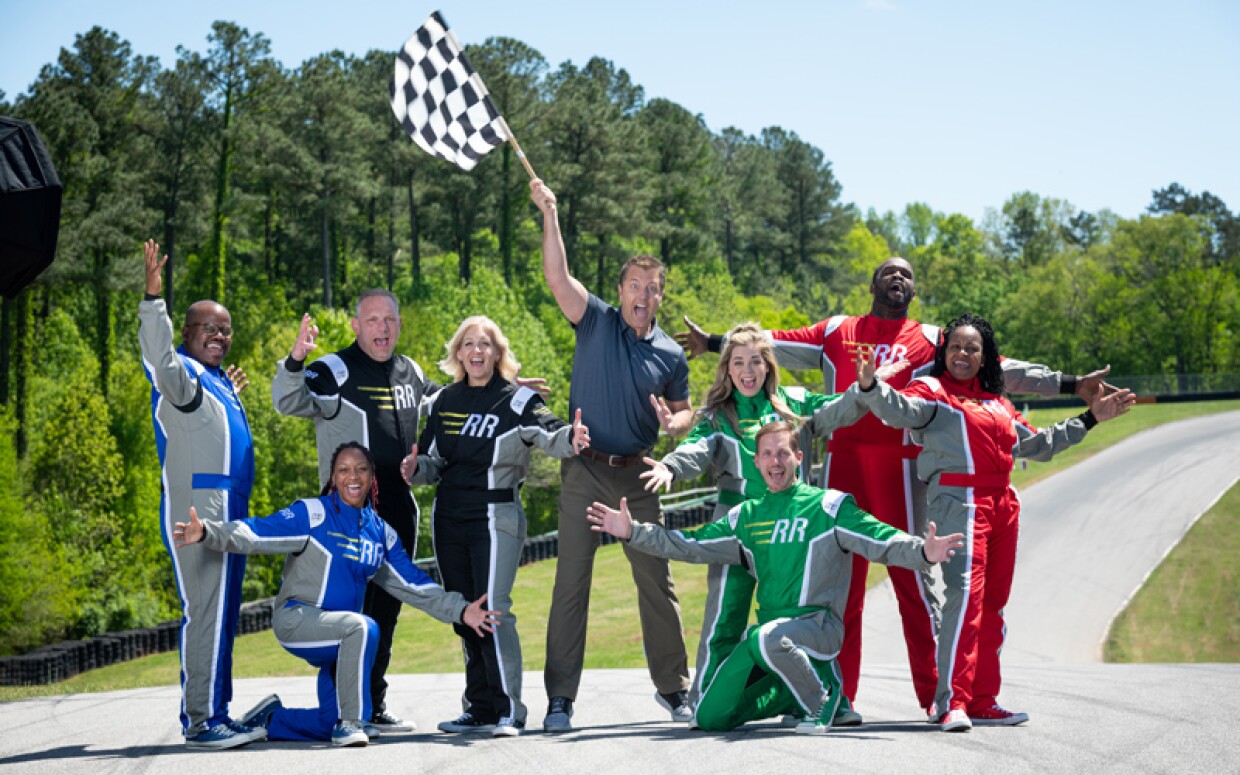
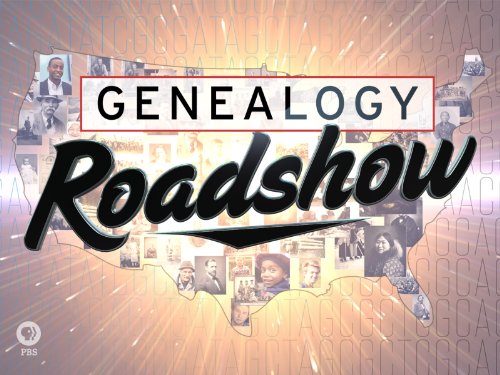
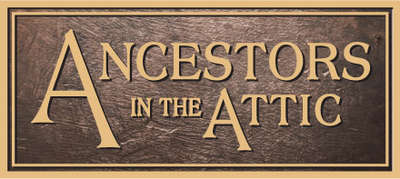
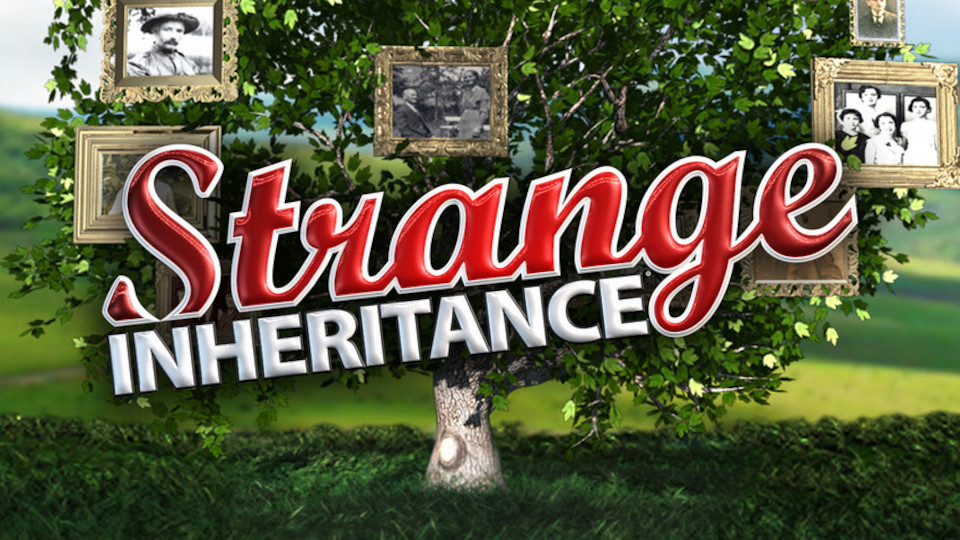
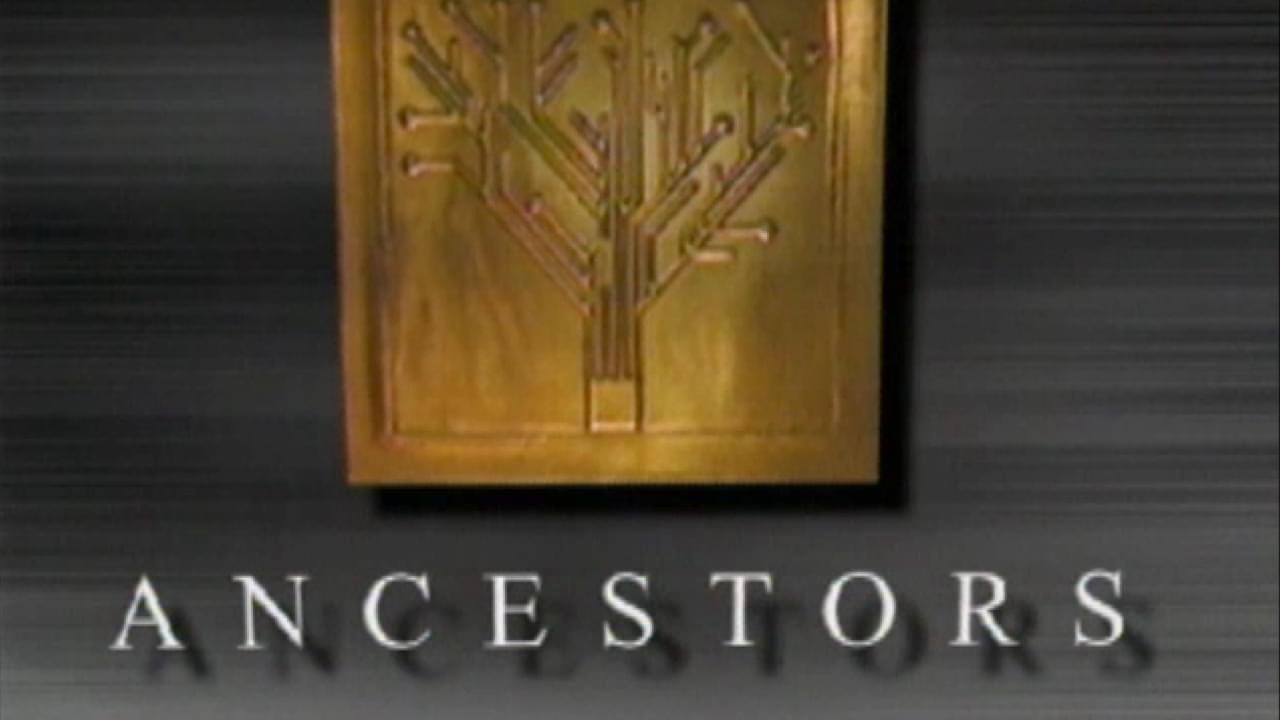
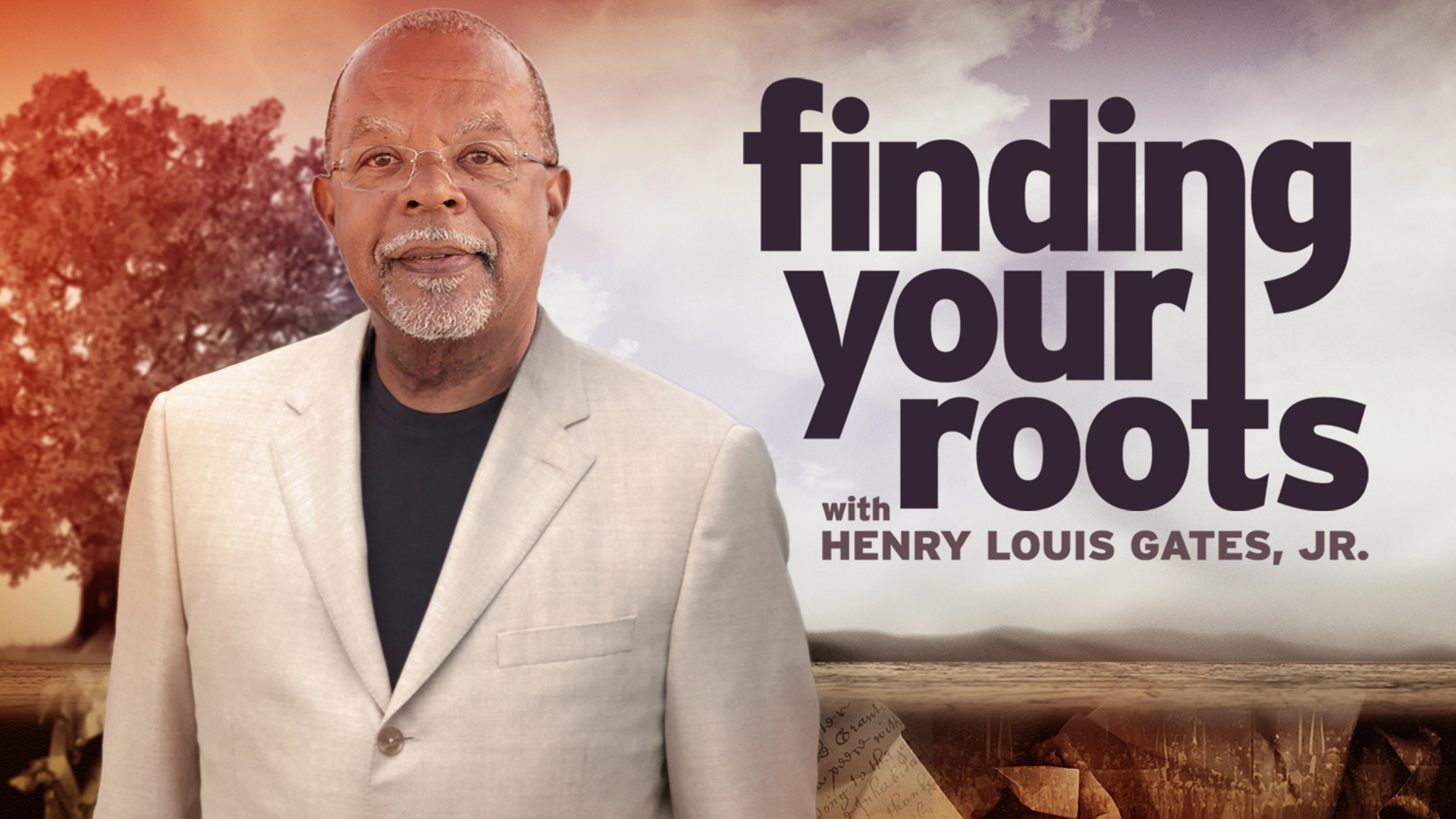
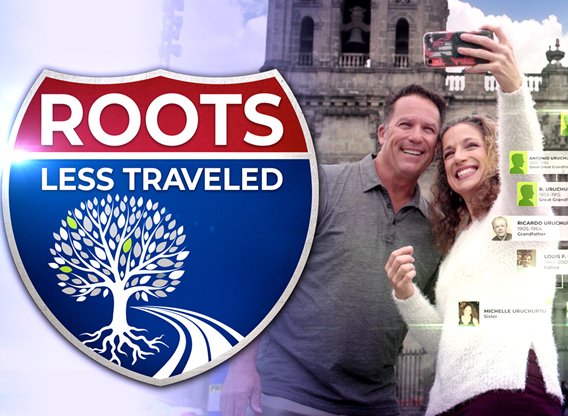
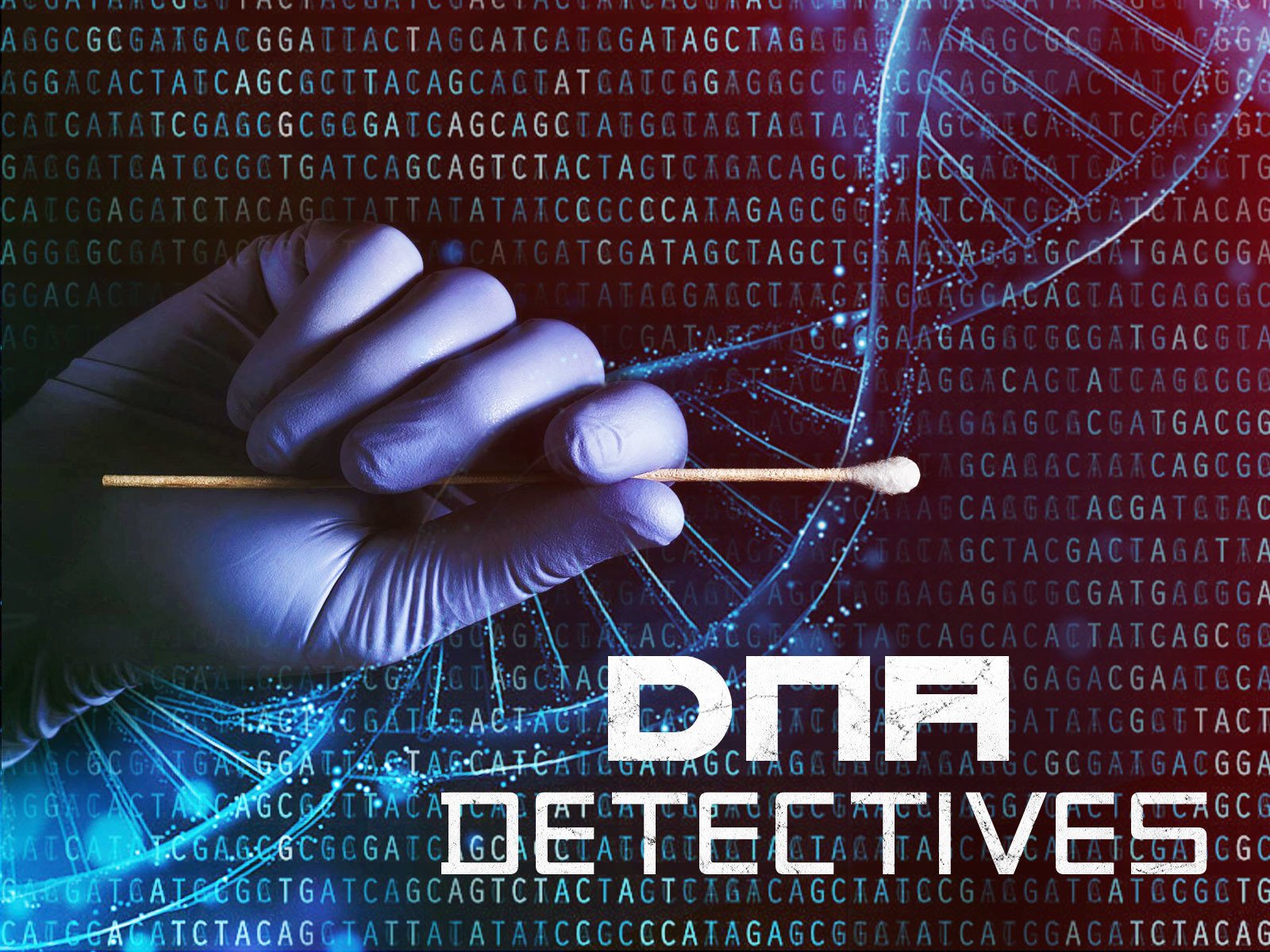
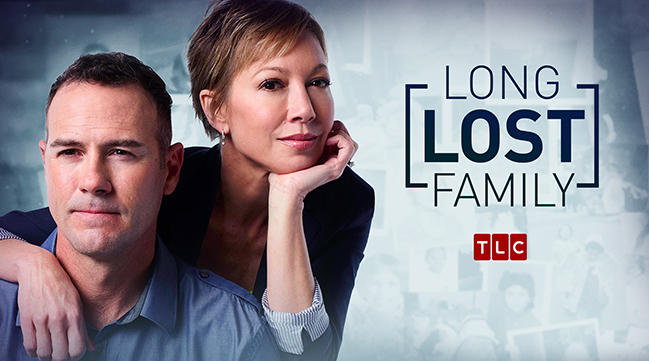

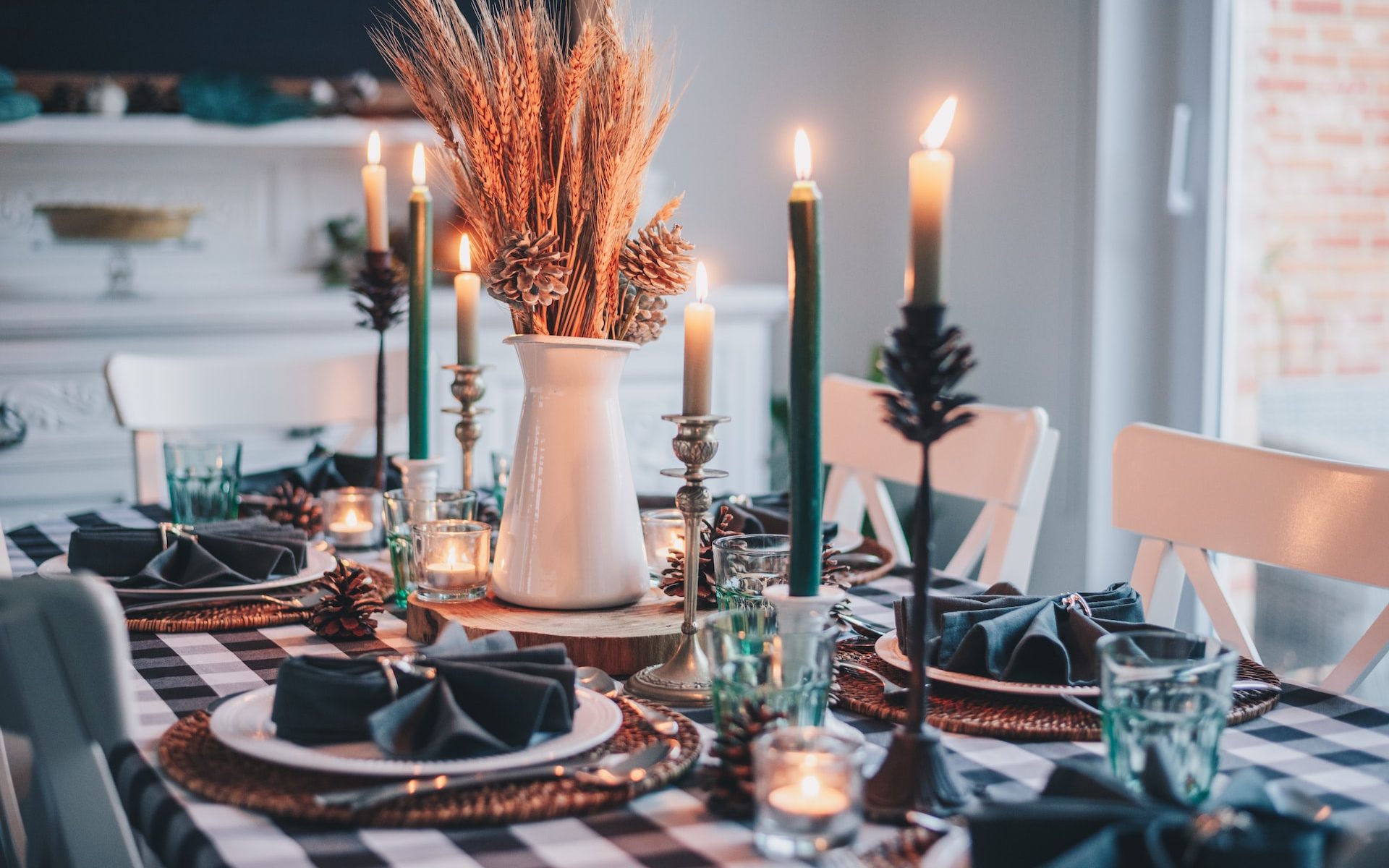

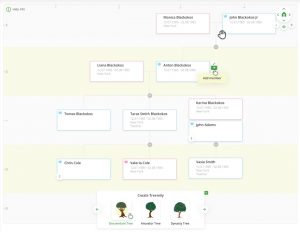





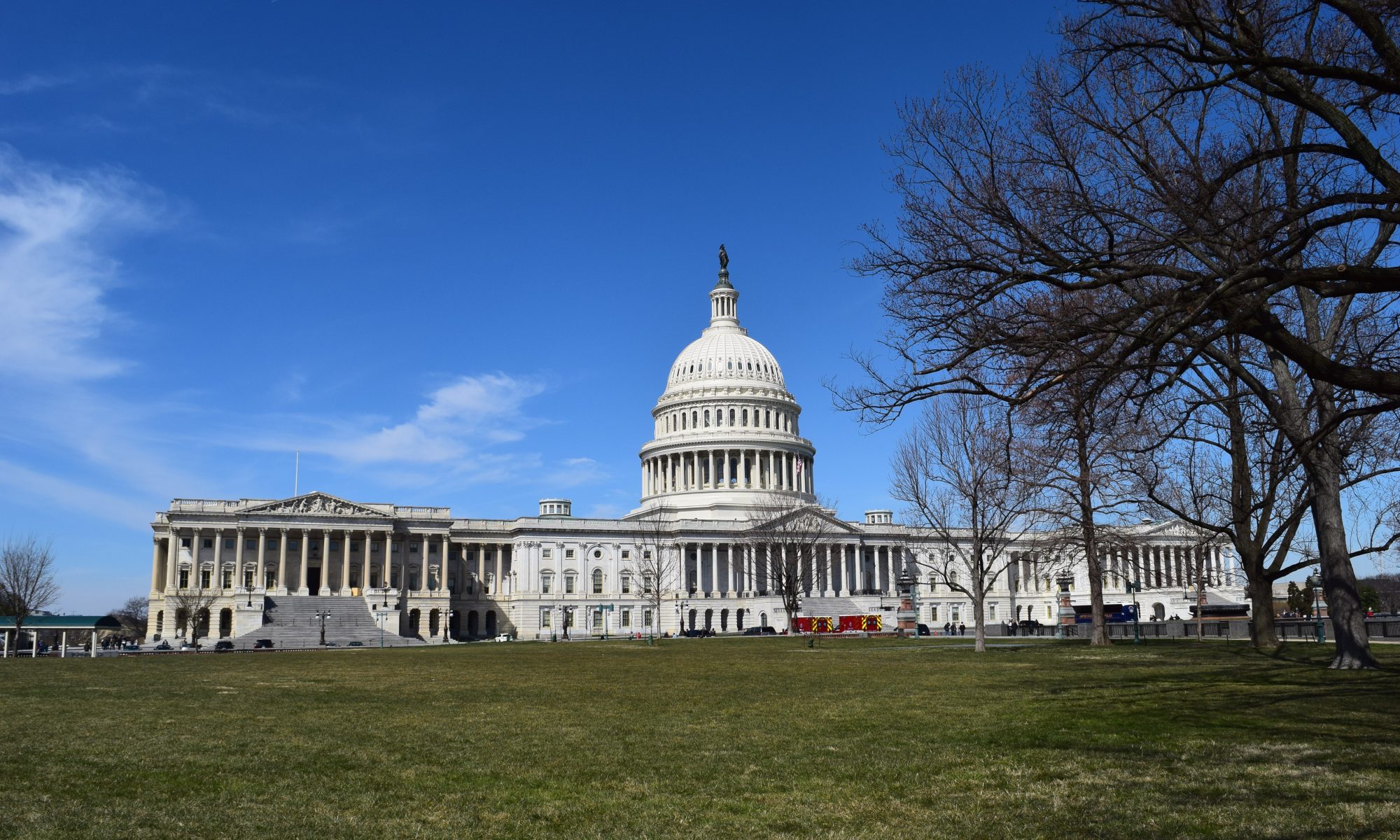

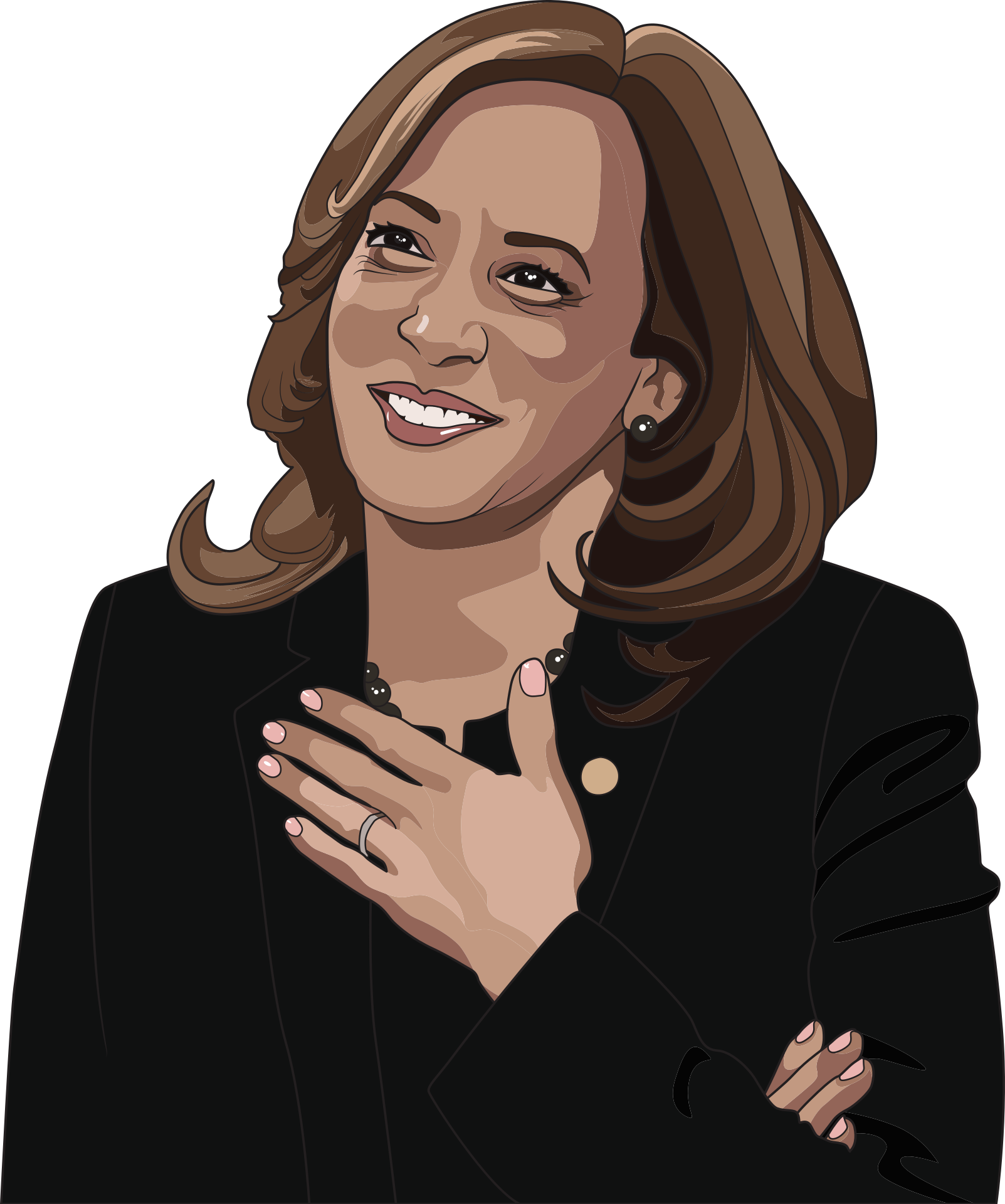

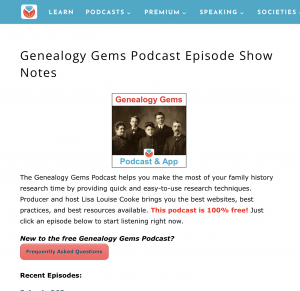
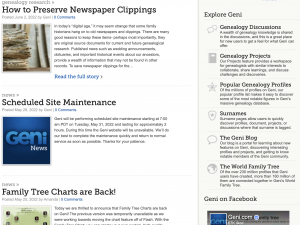
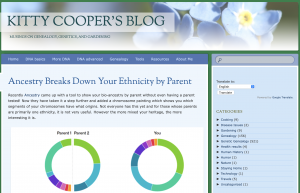
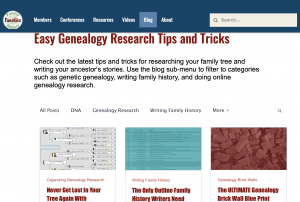
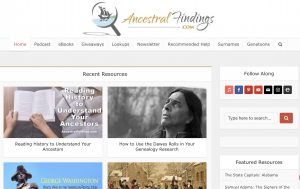
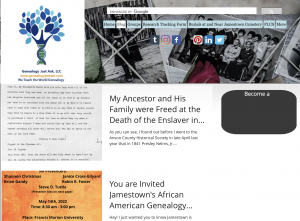
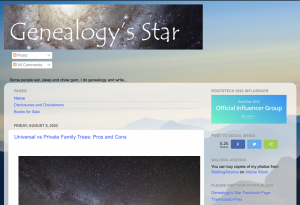
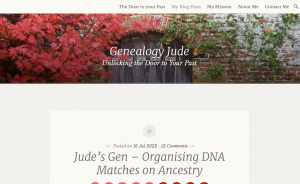
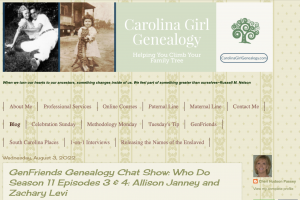
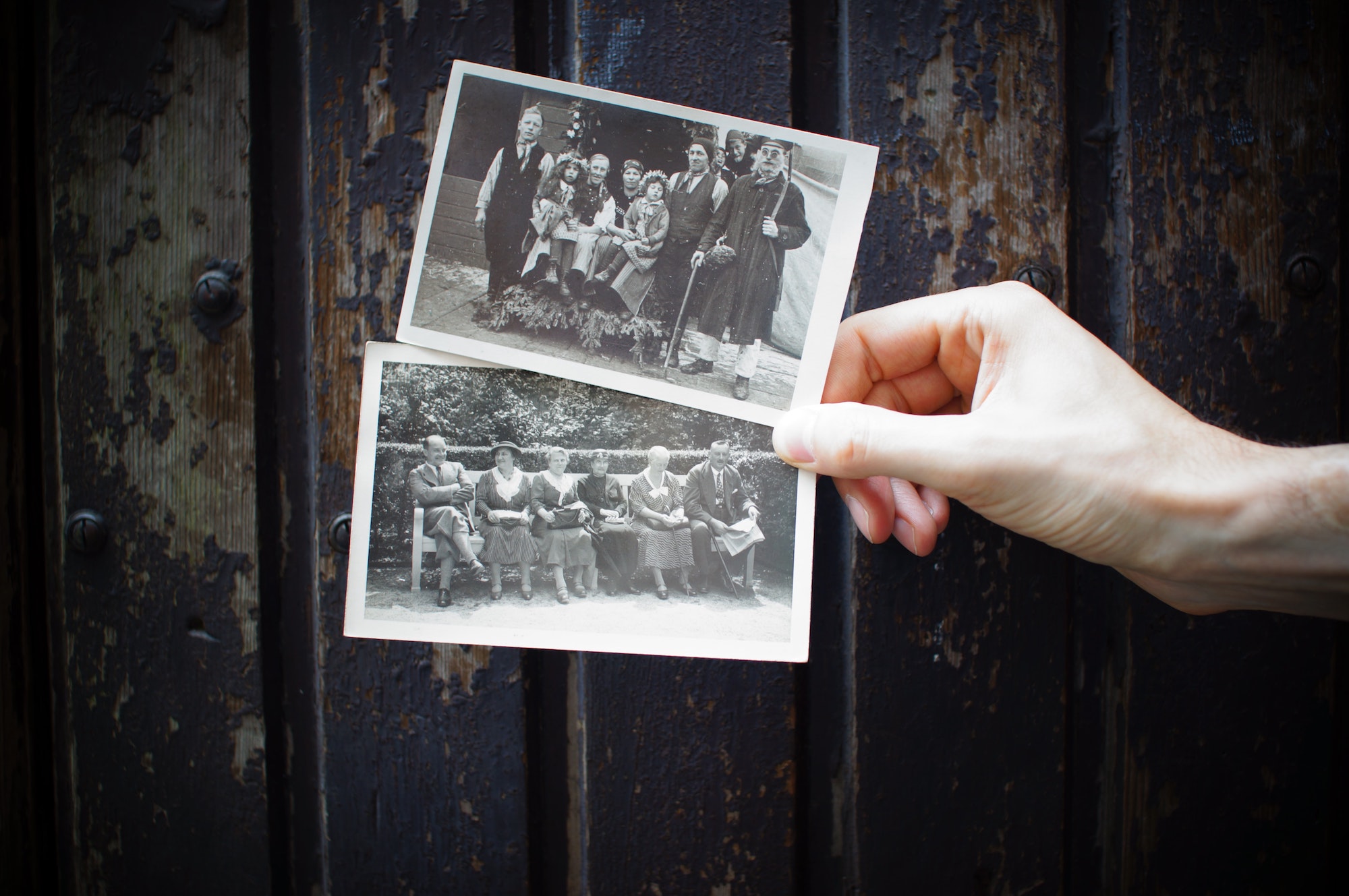
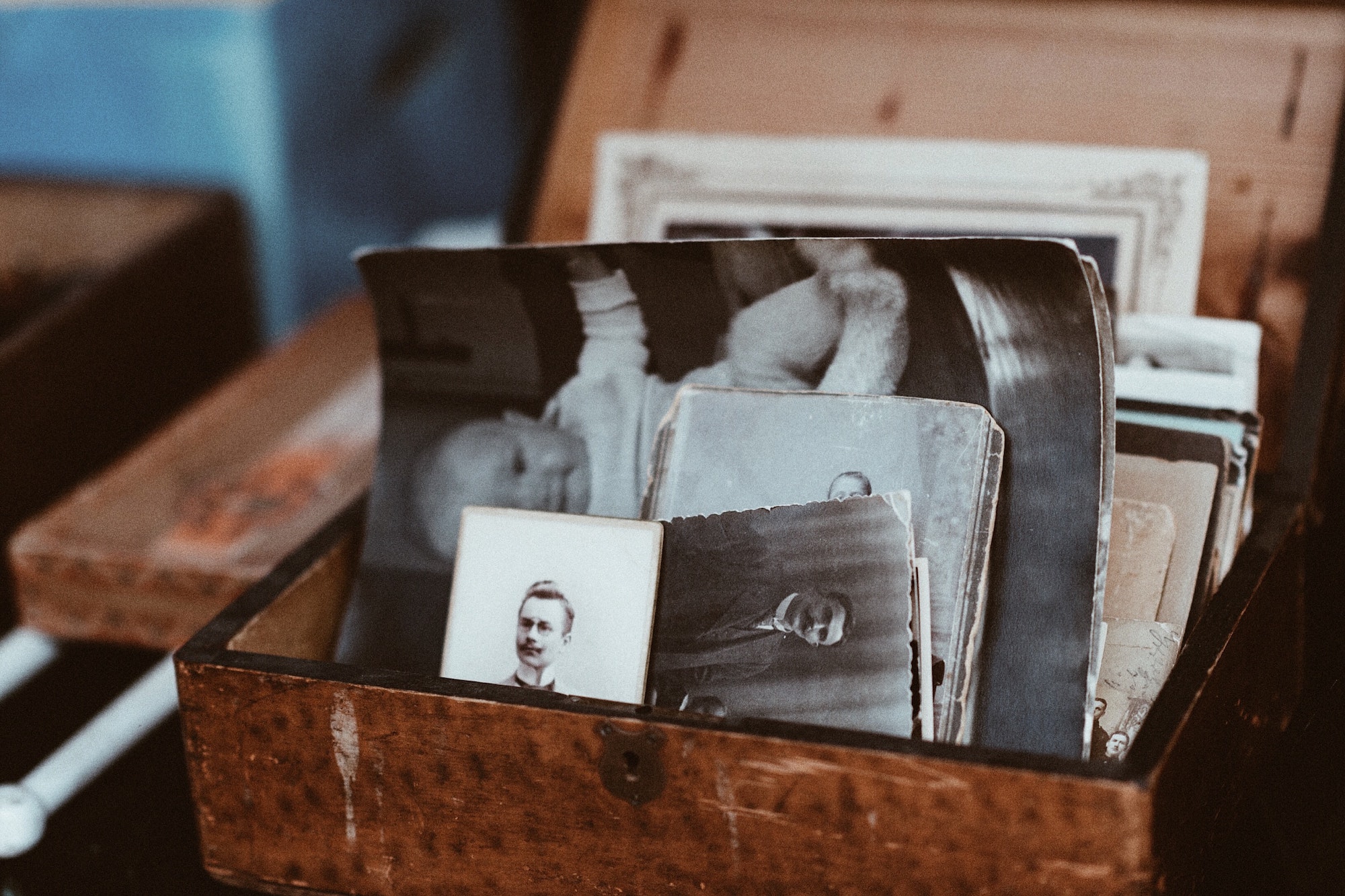
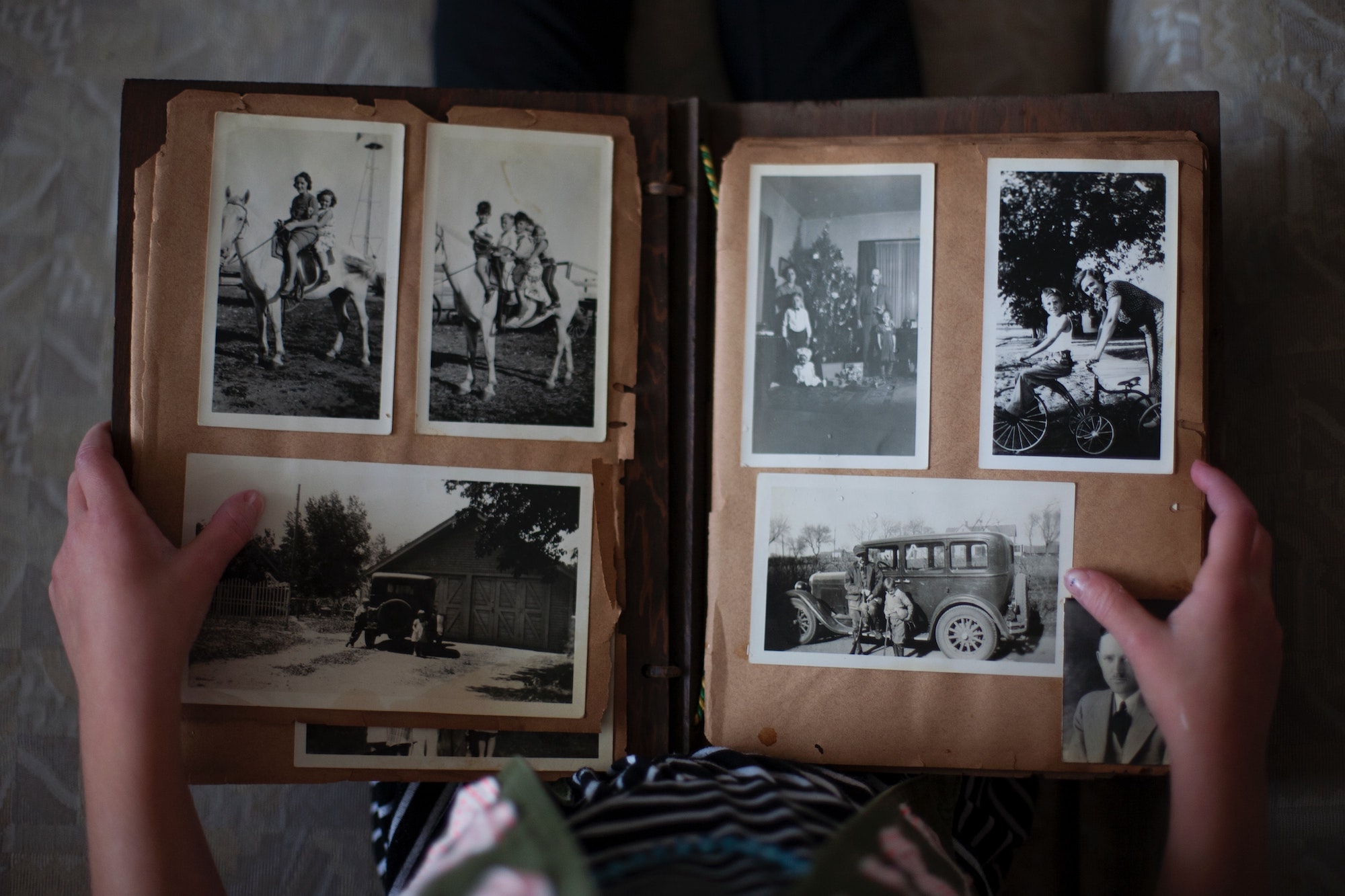
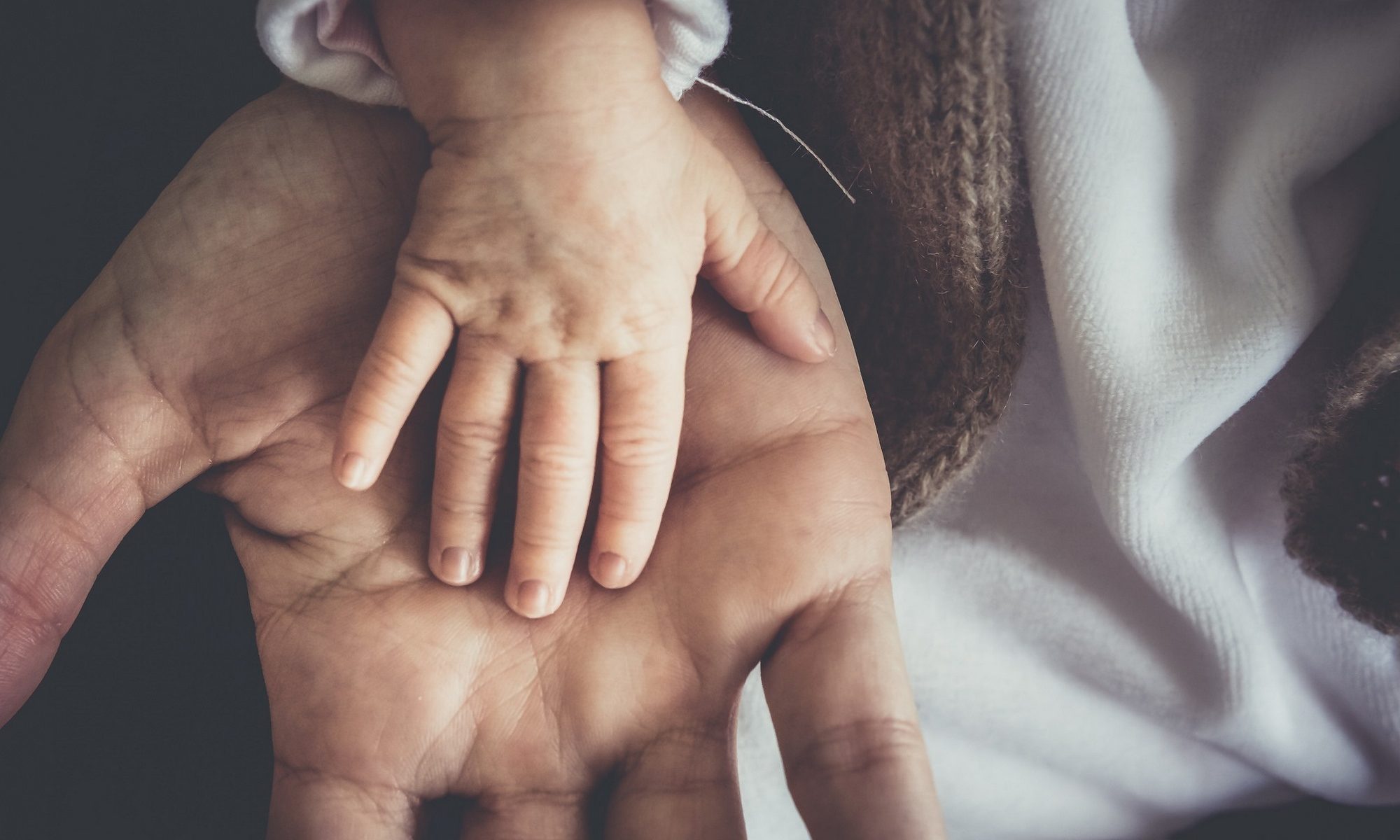



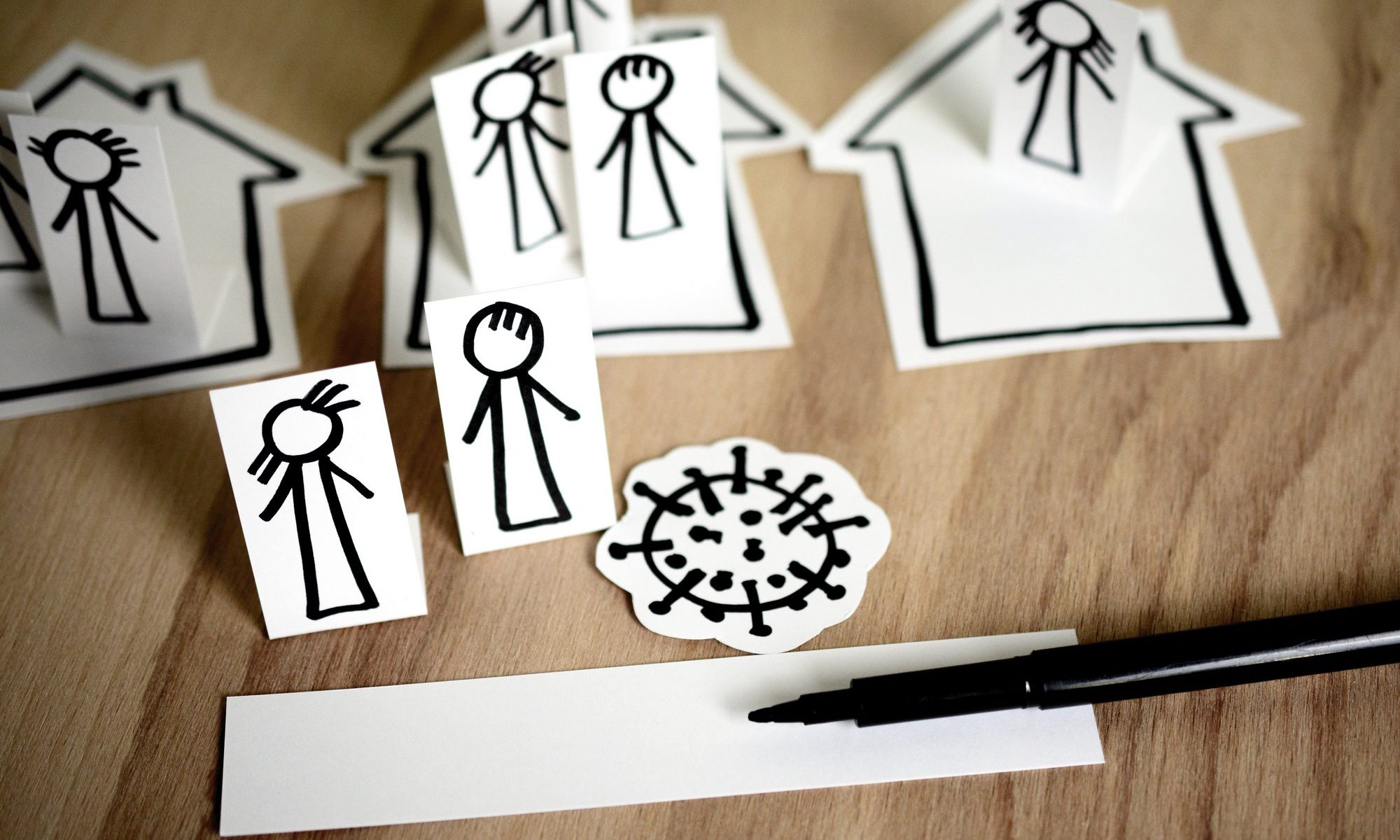
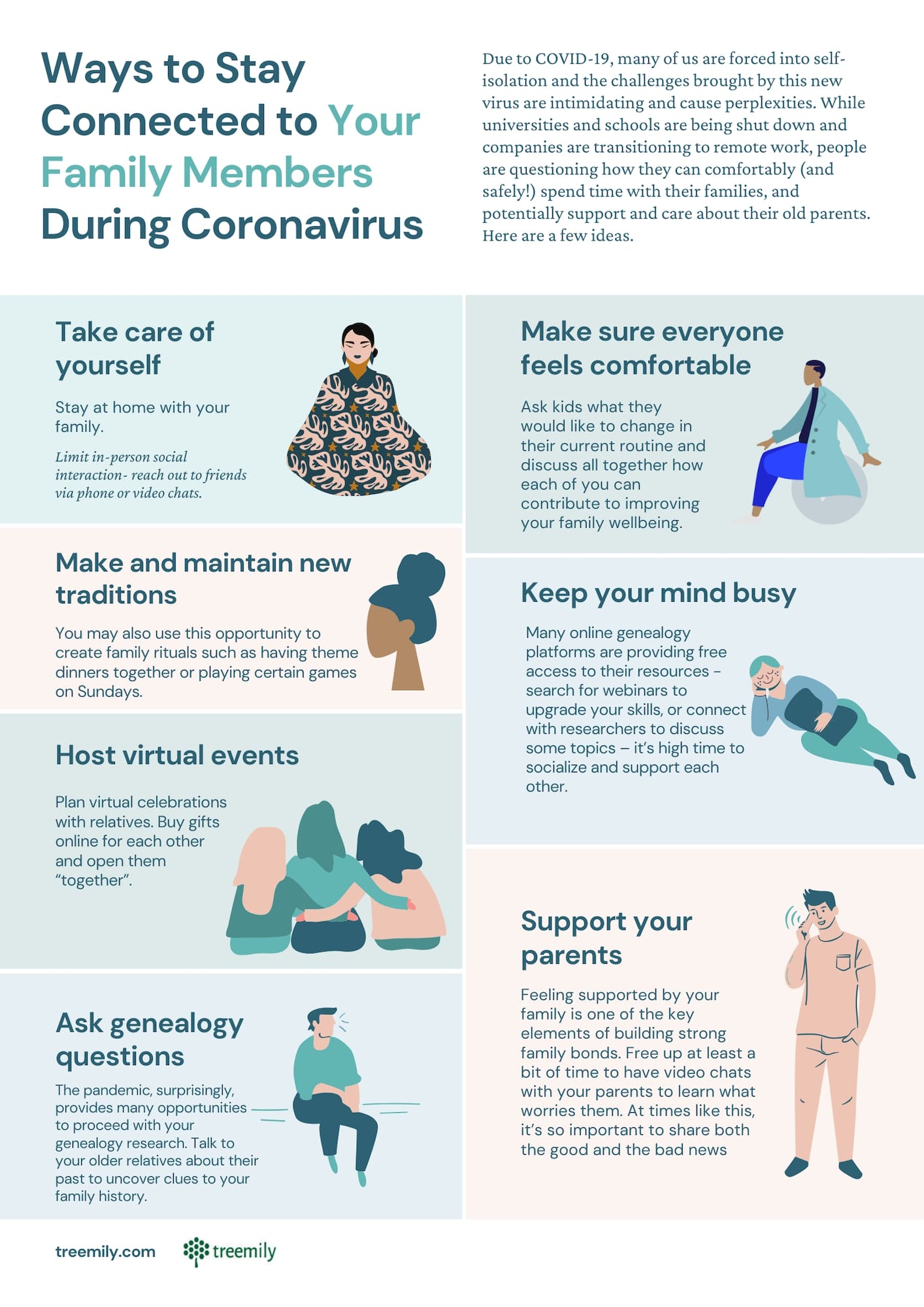
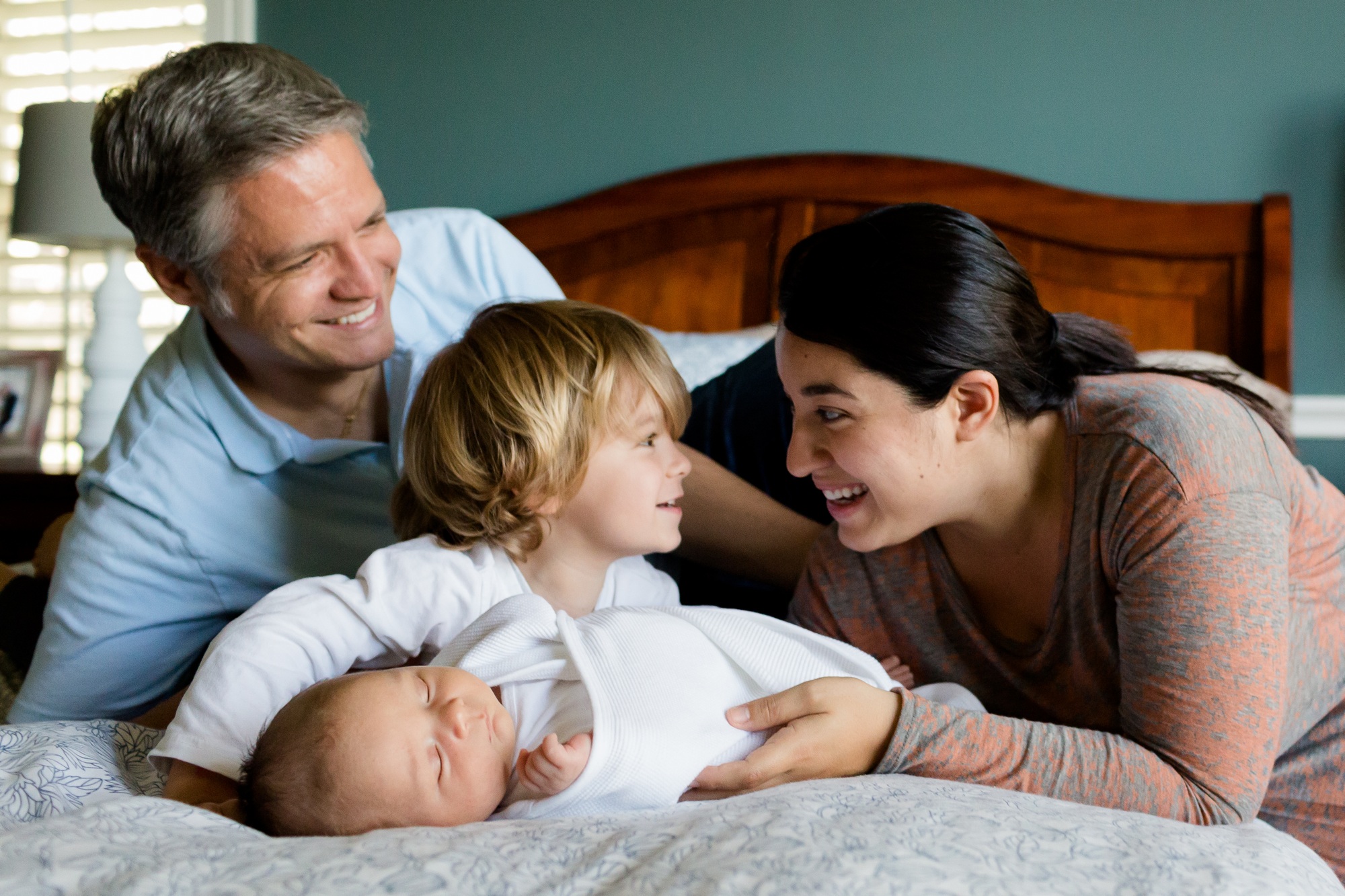
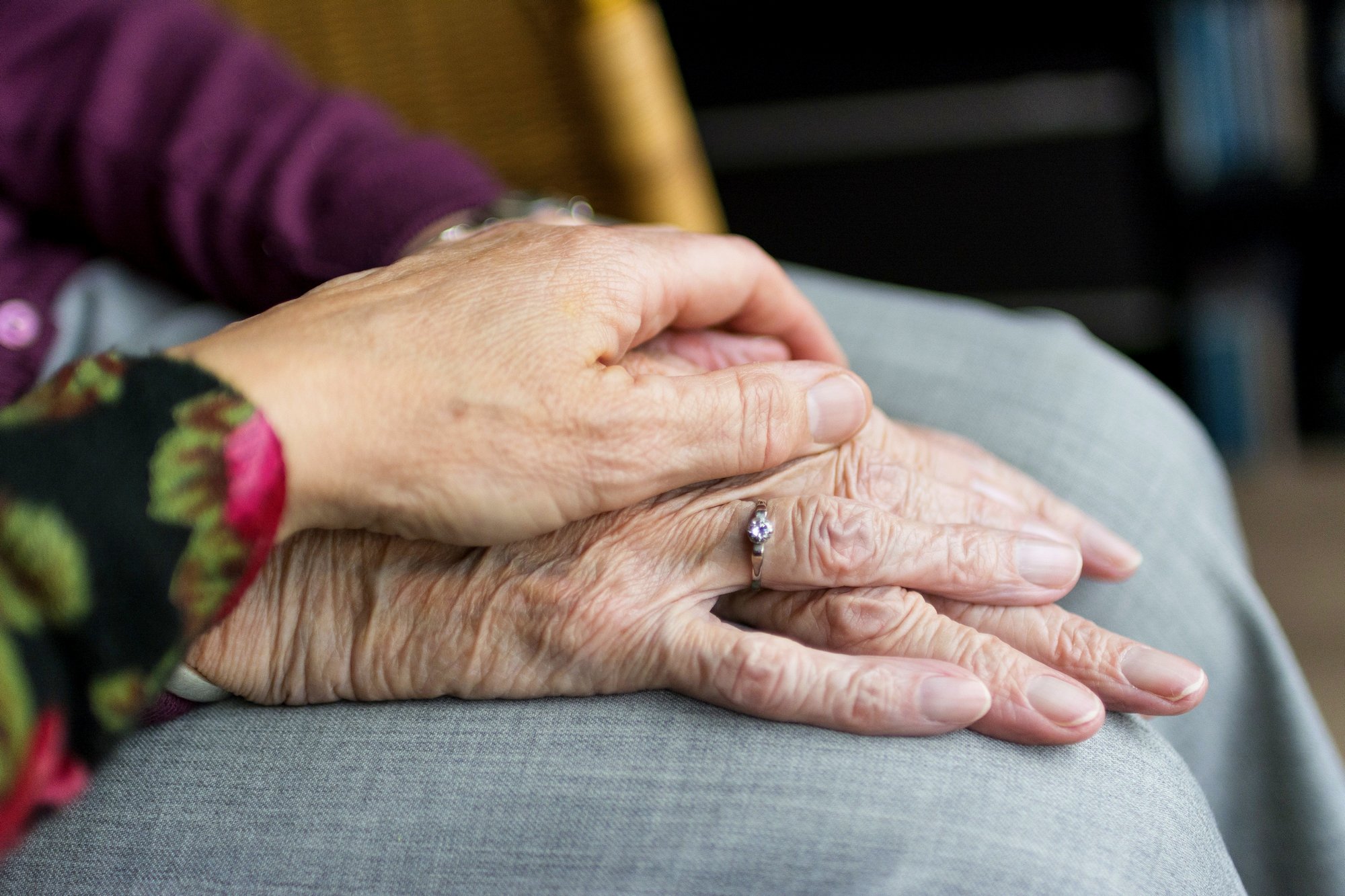 Support your parents financially. This crisis will have a negative impact on the economy and all the people but it will affect some of us more than others. This is a time when you should be there for your parents. Be it just giving cash or paying bills, you can ease the finances a bit for your parents and help them cope with the stress that the economic downturn has produced.
Support your parents financially. This crisis will have a negative impact on the economy and all the people but it will affect some of us more than others. This is a time when you should be there for your parents. Be it just giving cash or paying bills, you can ease the finances a bit for your parents and help them cope with the stress that the economic downturn has produced.
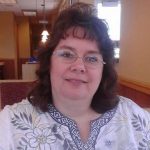 Melissa Barker: Melissa is a Certified Archives Manager, professional genealogist, FGS reviews editor, lecturer, teacher, and writer. Melissa has been involved in genealogy for 30 years and runs a
Melissa Barker: Melissa is a Certified Archives Manager, professional genealogist, FGS reviews editor, lecturer, teacher, and writer. Melissa has been involved in genealogy for 30 years and runs a 
 Natalie Pithers: Natalie is a Professional genealogist offering research services. She started her own family tree when she was 18 – that’s almost 20 years ago! She is madly deeply in love with the past and runs her own
Natalie Pithers: Natalie is a Professional genealogist offering research services. She started her own family tree when she was 18 – that’s almost 20 years ago! She is madly deeply in love with the past and runs her own 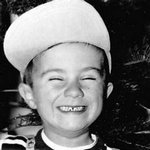 Kenneth R Marks: Kenneth started his genealogy journey as an amateur researcher 18 years ago and gradually turned into obsessed
Kenneth R Marks: Kenneth started his genealogy journey as an amateur researcher 18 years ago and gradually turned into obsessed 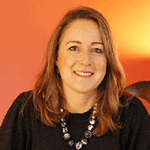 Helen Tovey: Helen is editor of
Helen Tovey: Helen is editor of 



